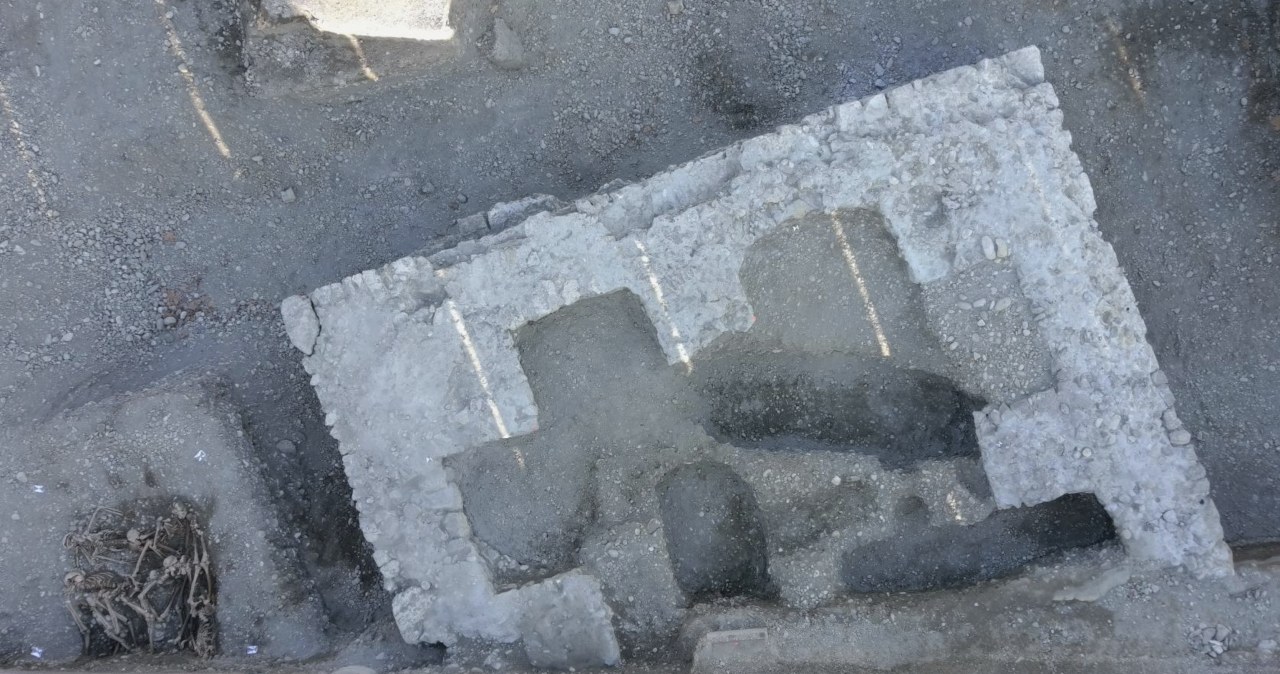
Many Poles, completing the long-term rent of the apartment, are happy to anticipate a return Valorised bail. This amount, frequently much higher than the first deposit, is intended to defend them from inflation and failure of purchasing power. Unfortunately, this seemingly beneficial operation is becoming increasingly a trap into which the IRS draws us. Although tenants do not gain real or gold, the taxation consistently interprets the difference between the amount paid and returned as taxed income. This problem affects hundreds of thousands of tenants throughout Poland and may mean unexpected expenses of respective 100 or even respective 1000 zlotys.
Imagine that in 2021 you made bail in the amount of PLN 3600 (at 300 PLN rent). Today, erstwhile the rent increased to PLN 400, the owner legally returns you PLN 4800. The difference of PLN 1200 is just valorization. However, alternatively of enjoying your recovered money, you can receive a PIT-11 with shown gross and the request to pay even 216 PLN tax. This is simply a ridiculous situation where you gotta pay for what was meant to defend you from loss.
The law guarantees valorization, the taxation is required. fresh KIS Interpretation
According to Polish law, specifically with Act on the protection of the rights of tenants, the housing stock of the municipality and amending the civilian Code, the housing deposit must be reimbursed in value. This means that its amount should correspond to 12 times the current rent for a given premises, not years ago. The intent of this mechanics is to defend the tenant from the failure of money during inflation. This is so compensation for the decrease in purchasing power alternatively than a real profit.
Unfortunately, the taxation authorities disagree. In the latest interpretation, published by Director of National taxation Information in August 2025, it is clear that the difference between the paid-out and the repayable deposit constitutes revenue from another sourceswhich is taxable. This position, despite its controversy, is consistently sustained by the tax, which puts tenants in difficulty. Homeowners, in order to avoid problems with the taxation Office, frequently exhibit PIT-11 with shown value, shifting the burden of fighting for their rights to erstwhile tenants.
Breakthrough in courts: Renters are not defenseless, they have strong arguments
Fortunately, tenants are not defenseless. Polish administrative courts are on their side, questioning the interpretations of the tax. We September 2024 Provincial Administrative Court in Gdańsk waived the taxation explanation in a akin case, taking the view that the repayment of the valorised bail does not consequence in taxable income. The Court argued that the formation of taxation gross was determined by the actual asset transfer, and that the valorisation of the bail was only intended to prevent the tenant from losing the value of the money.
He had taken a akin position earlier Chief Administrative Court, stressing that valorisation does not change the nature of the benefit – bail remains a return. A higher amount is so not a ‘profit’, but simply an equivalent of the first deposit. These precedent judgments constitute a strong argument for all who will gotta face the demands of the taxation Office. They indicate that the taxus, erstwhile interpreting valorization as income, ignores the basic function of bail, which is to defend against inflation and not make profit.
What does that mean for you? Act before you pay!
If you plan to terminate your lease and anticipate to be reimbursed with a valued bail, you must be prepared for a possible dispute with the taxation office. The owner of the apartment, acting in accordance with the explanation of KIS, will most likely give you PIT-11where the difference from valorization will be shown as your income. Then you will gotta make the decision: pay the taxation or fight for your rights.
Remember that the taxation must be counted on the difference between the amount paid and the amount received. Example: value of PLN 1200. If this is your only extra income in the year, you will pay 18 percent, or 216 PLN. If you cross the taxation threshold, the rate will emergence to 32 percent. However, you have the right to disagree with the explanation of the office. You can apply for individual taxation interpretation even before payment of bail or appeal against a taxation decision upon receipt. With favorable court decisions behind you, your chances of winning the dispute are very high.
How to fight effectively for your money? paper and react
The first and most crucial step is careful documentation the full situation. Keep first or copy rental agreements, all proof of first deposit and papers confirming its return. The provisions in the contract concerning the amount of the deposit and the way it is valued are peculiarly important. That's your basis for defense.
If you receive a PIT-11 with the value shown as income, do not ignore it. Make a taxation return, but join him Explanatory noteWhy do you think the taxation is not due? mention to the jurisprudence of the administrative courts (WSA in Gdańsk, NSA), which clearly states that valorisation is not revenue. If the office insists on its position, consider filing a complaint with the provincial administrative court. The costs of proceedings are comparatively low (a fewer 100 zlotys) and the chances of winning – in the current condition of the case law – are very high. The top hazard of requesting a value added taxation occurs at long-term lease, especially municipal and cooperative housing, where bail is frequently reimbursed after many years and their valorisation is significant.
Future Perspectives: Will the legislator solve the problem?
The situation surrounding the taxation of the valued bail remains unclear and raises much controversy. There is hope that the problem will be resolved spontaneously erstwhile 1 of the judgments of the administrative courts reaches the ultimate Administrative Court and results a resolution resolving legal doubts. However, for now, the NSA has not taken a uniform position, which leaves a gateway for different interpretations.
Another solution could be intervention of the legislatorwhich could explicitly exclude the valorisation of the deposit from taxation. Unfortunately, there are no signals so far that anyone is working on specified an amendment. Until then, tenants must face the hazard of taxation demands and prepare for a possible dispute with the taxation office. delight note that the case concerns only the valorization of housing bail under the Housing Act. If you rented a utility or a deposit was refunded on another terms, the provisions may be different. Be vigilant, paper and don't be surprised!
Read more:
Do you have a valorized bail? The fiscal demands tax, although the courts say no!














